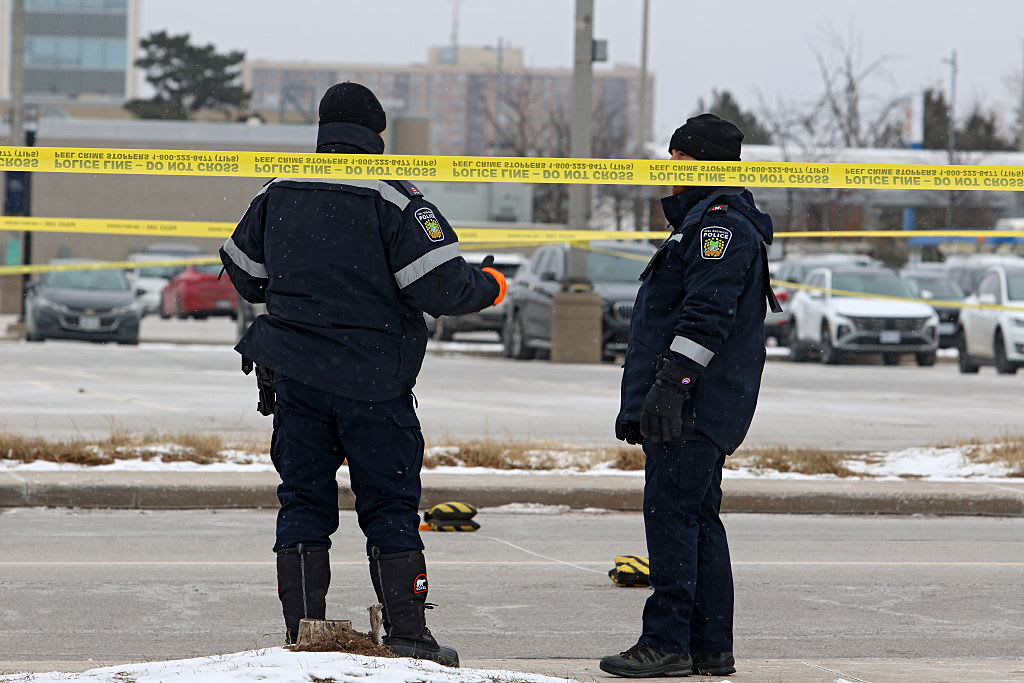Does your travel insurance cover terrorist attacks?
By Haley Osman/ValuePenguin
The spate of recent terrorist attacks and attempts across the globe may spur even skeptics of travel insurance into considering a purchase, especially for journeys that include London, Paris and other sites of recent incidents.
Here's a look at how travel insurance — whether from a separate policy or other sources — may cover you against terrorism.
Not all policies allow cancellation due to terrorism.
You may seek potential insurance coverage because you want the option to cancel an upcoming trip because a terrorist incident may occur before you arrive.
Be aware, though, that not all insurance companies allow terrorism as a reason to cancel a trip. For example, ANZ Travel Insurance, serving Australia and New Zealand, excludes "A loss caused by, or in any way connected with war, invasion, act of a foreign enemy" and other related events, with some exceptions, along with specifically excluding from their coverage "[a]n act or threat of terrorism."
If terrorism is covered, the definition may be narrow.
Unsurprisingly, with policies that do protect against terrorism, just what that terms constitutes is defined, sometimes in ambiguous ways. For example, the language is AIG's policy conditions specifies that any attack must be "politically motivated" and occur "within a 1-mile radius of the territorial limits of the city listed on the insured's itinerary." So if an incident occurred in Times Square, and you were set to fly into White Plains Airport in Westchester County, 25 or so miles north of the city, you might not be able to claim benefits were you to cancel. Ditto if the event was not deemed by authorities to be more personal than political in motivation.
Mere unrest usually doesn't qualify, either. Allianz tells its customers: "Allianz Global Assistance's travel insurance defines terrorism specifically as 'when an organized terrorist group, as defined by the U.S. State Department, injures or kills people or damages property to achieve a political, ethnic or religious goal or result.' Terrorist events don't include general civil protest....rioting or acts of war."
Timing is key.
When you buy your policy, and when a terrorist incident happens—or, in some cases, has already happened—can also determine whether you'll be covered. As a rule, you won't be covered for cancellation due to terrorism concerns if you buy a policy after there's been an incident at your destination. HTH Travel Insurance's classic plan, for example, will cover a change in plans if your destination experiences a terrorist attack within 30 days of your trip, but not if the destination has already had an incidence of terrorism in the past 90 days.
You probably won't be covered against fear alone should you want to leave a destination early.
If an incident occurs during your trip, you might want to abort the trip merely from disquiet and anxiety. But, even with a policy that covers cancellation for terrorism, it's at best unclear that simple emotional distress would allow you to be covered against the extra costs of an early departure.
What travel insurance may provide after an attack is logistical assistance, which naturally becomes in high demand after an emergency. For example, AIG's Travel Guard insurance policies include a communications channel that's available 24 hours a day for emergency situations. Their LiveTravel Emergency Assistance helps customers change flights and hotels. Medjet offers a plan that explicitly promises help in a case of terrorism, kidnapping, hijacking or violent crime.
If you used a travel agent to book your itinerary, he or she could also be an excellent resource to clear up confusion. Most agents are available for emergency assistance if you need to re-book a flight, and they're familiar with what travel insurance will and will not cover.



